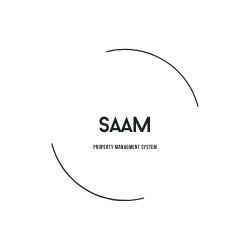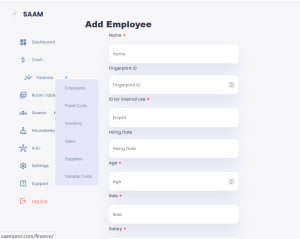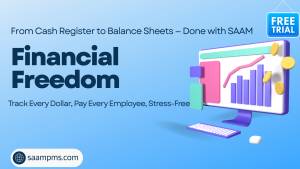Small Hotel Booking Software
The Importance of Small Hotel Booking Software
Embracing Technology in Hospitality
In today’s fast-paced world, the hospitality industry is evolving rapidly. For small hotel owners, staying competitive means embracing technology to streamline operations and enhance guest experiences. This digital transformation is not just about keeping up with trends; it’s about leveraging technology to create efficiencies and foster growth. One of the most effective ways to achieve this is through small hotel booking software. This guide explores the importance of such software, its benefits for small hotels, and what to look for when selecting the best solution for your establishment.
Why Small Hotel Booking Software is Essential
Optimizing Operations
Managing a small hotel involves juggling numerous tasks, from reservations to housekeeping. Booking software simplifies these processes by centralizing them on one platform. This means less time spent on manual tasks and more focus on providing excellent service to guests. With a unified system, staff can easily track room availability, manage guest check-ins and check-outs, and coordinate housekeeping schedules, all from one interface. This not only reduces the potential for human error but also ensures that every department is in sync, leading to smoother day-to-day operations.
Enhancing Guest Experience
Today’s travelers expect convenience at their fingertips. By using a small hotel reservations system, guests can easily book rooms online, check availability, and receive instant confirmations. This seamless process enhances their experience and increases the likelihood of repeat visits. Additionally, features like personalized booking options and special packages allow hotels to tailor their offerings to meet individual guest preferences, enriching their stay and building a loyal customer base.
Automating Processes
Automated features like real-time updates reduce the risk of overbooking and double bookings. This efficiency not only improves guest satisfaction but also maximizes your hotel’s occupancy rates. Automation allows staff to redirect their focus from repetitive tasks to more strategic initiatives, such as enhancing customer service or developing marketing strategies. By minimizing booking errors, hotels can maintain a steady flow of guests, optimize room turnover, and ultimately boost revenue. In an industry where margins can be tight, these efficiencies can make a significant difference in profitability.
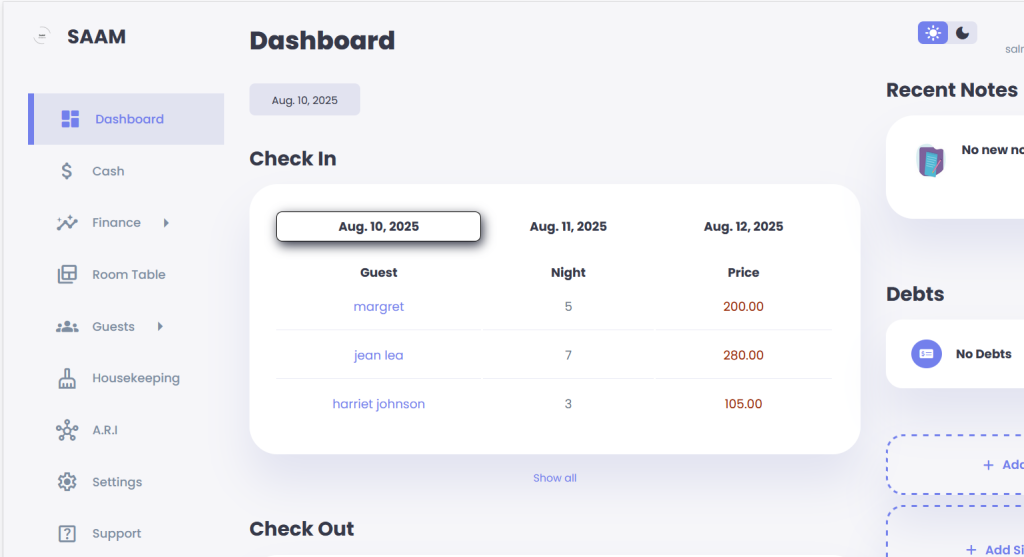
Key Features to Look for in Small Hotel Booking Software
User-Friendly Interface
A simple and intuitive interface is crucial. Both staff and guests should find the software easy to navigate, reducing the learning curve and minimizing errors. An intuitive design can lead to quicker adoption by staff, allowing them to fully utilize the software’s capabilities without extensive training. For guests, a straightforward booking process enhances their experience, reducing the likelihood of booking abandonment due to frustration.
Real-Time Updates
Ensure the software provides real-time updates on room availability and bookings. This feature helps prevent overbooking and allows guests to see accurate information when making reservations. Real-time data synchronization between various sales channels, such as your website, OTAs, and front desk, ensures that your inventory is always up-to-date.
Integration Capabilities
The best hotel management software should integrate seamlessly with other systems, such as payment processors , smart room system and channel managers. This integration allows for cohesive operations and eliminates the need for manual data entry, enabling smooth communication between front desk operations, accounting, and marketing efforts.
Customizable Booking Engine
A customizable booking engine allows you to tailor the booking process to suit your hotel’s brand and style. This personalization can enhance the guest experience and encourage direct bookings. By aligning the booking engine with your hotel’s branding, you create a consistent guest journey from the first point of contact to check-out.
Detailed Reports and Analytics
Access to detailed reports and analytics is essential for making informed business decisions. Look for software that provides insights into occupancy rates, revenue, guest demographics, and more. These insights allow hotel managers to identify trends, forecast demand, and make data-driven decisions to optimize pricing and marketing strategies.
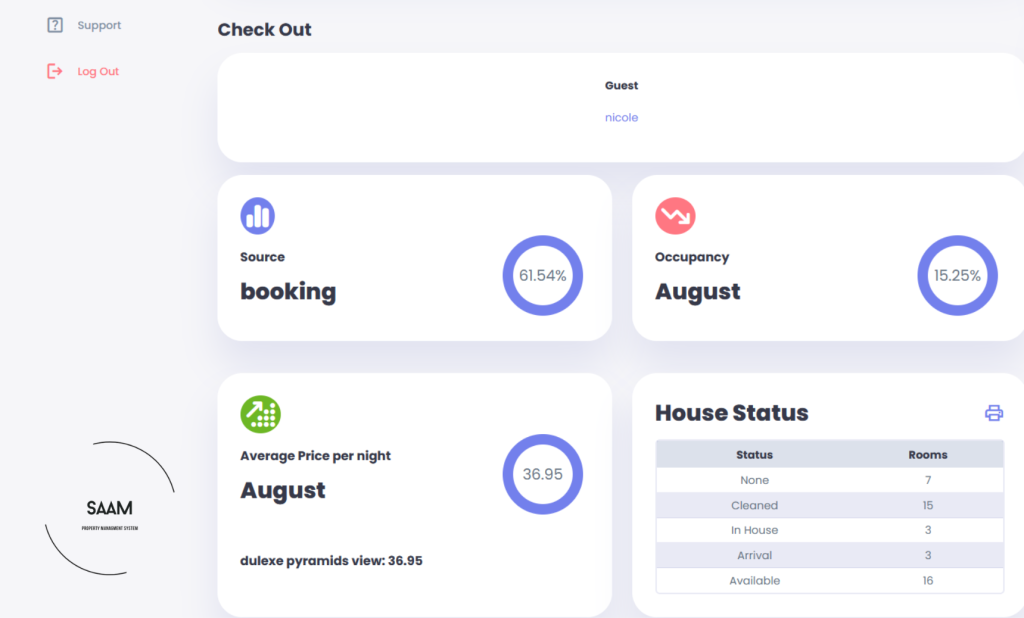
Advantages of Implementing Small Hotel Management Software
Implementing a small hotel management software system offers numerous advantages:
- Cost Savings: Automating tasks reduces the need for additional staff, leading to significant cost savings. The software’s efficiency minimizes errors that could result in financial losses.
- Marketing Tools: Many booking engines offer marketing tools to help promote your property, including promotional codes and email marketing integration.
- CRM Features: Hotel reservation software often includes CRM features to help build and maintain strong relationships with guests. By tracking guest preferences and history, you can offer personalized experiences that encourage loyalty.
Choosing the Right Software
When selecting the best small hotel booking software, consider the following factors:
- Budget: Determine your budget and look for software that fits within it. Evaluate the total cost of ownership, including implementation, training, and support.
- Essential Features: Make a list of the features that are most important to your hotel. Ensure the software you choose offers these features and can meet your unique needs.
- Customer Support: Look for software that offers excellent customer support and training resources. A provider that offers comprehensive onboarding and ongoing support will ensure you get the most out of your investment.
Why SAAM property Management system ?
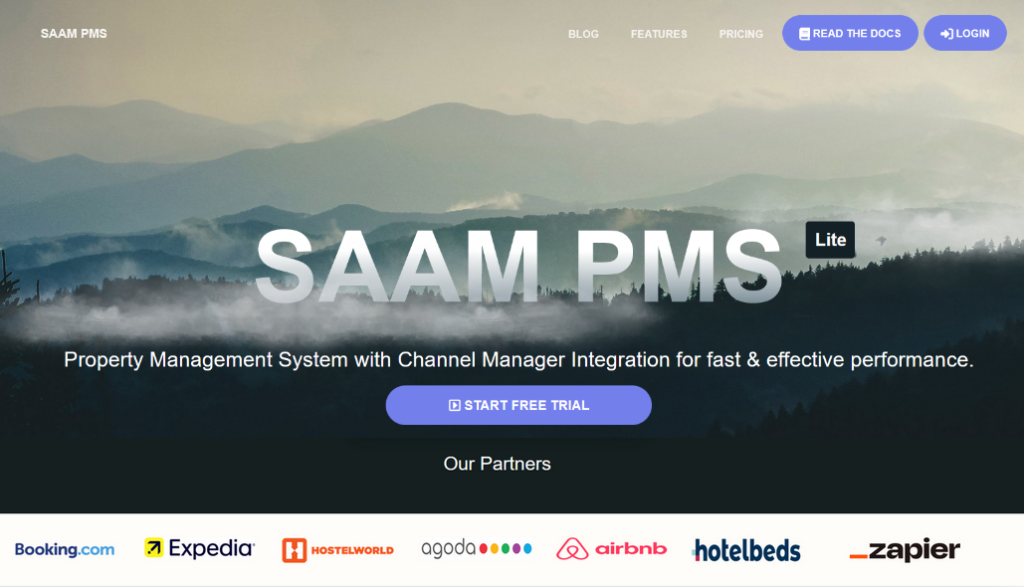
- Online Booking Engine: Allows guests to book rooms directly on the hotel’s website, displaying real-time availability and rates.
- Channel Management: Connects to various online travel agencies (OTAs) and other distribution channels to manage inventory and bookings across different platforms.
- Reservation Management: Handles bookings, modifications, cancellations
- Guest Profiles: Stores guest information and preferences for personalized service and repeat business.
- Check-in/Check-out: Streamlines the process of guest arrival and departure.
- Communication: Facilitates communication with guests through various channels.
- Loyalty Programs: Integrates with loyalty programs to manage rewards and special offers.
- Front disk operations : Manages room assignments, guest requests, and other front desk tasks.
- House keeping management : Tracks room cleaning status and schedules housekeeping tasks.
- Inventory Management: Manages room availability, amenities, and other resources.
- Reporting and Analytics: Generates reports on bookings, revenue, occupancy, and other key performance indicators.
- Integration with Other Systems: Connects with channel managers,Zapier, and other software systems.
For More Articles https://blog.saampms.com/
or visit https://saampms.com/
